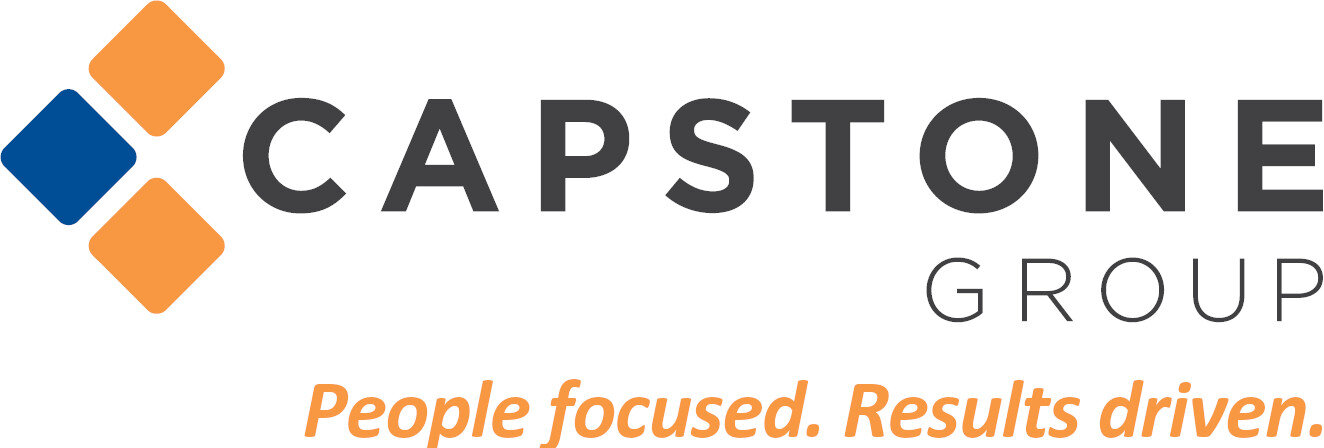A new proposal by the Trump Administration for the fiscal 2018 budget will include two hefty cuts to the Office for Civil Rights (OCR) and the Office of the National Coordinator for Health Information Technology (ONC), both of which are agencies for the Department of Health and Human Services (HHS). These agencies are responsible for health data privacy and security issues, including HIPAA enforcement.
The plan proposes a 36% cut for the ONC, and according to the plan's terminology, the ONC's privacy and security activities would be "closed out." It also proposes a 13% budget cut for the OCR.
Although this plan is considered to be a rough draft of what will actually be passed (especially considering Congress' disagreement with these cuts), however, it does bring about concern for the future of health information security and HIPAA enforcement in the future. The proposed cut would severely limit the abilities of the OCR HIPAA audit program, and may place onsite audit plans on hold indefinitely. Other civil rights activities will be similarly affected.
Meanwhile, the proposed budget cuts to ONC could impact the agency's assigned work related to health IT provisions of the 21st Century Cures Act, which was signed into law last December by President Obama. The act holds many privacy and security provisions meant to protect patient's health information.
Kirk Nahra, a privacy attorney at Wiley Rein says the budget proposal, "places abstract political principles and tax cuts ahead of the business of government, even in defense of laws passed by Congress. While OCR, for example, is not generally changing its approach, cutting staff will force them to do things differently. That may have the result of being bad for both individuals and businesses."
Similarly, privacy attorney David Holtzman, vice president of compliance at security consulting firm CynergisTek, claims it would be "extremely challenging for federal agencies like OCR and ONC to carry out their mission if the president's proposed budget for HHS is passed by Congress."
Again, this proposal may end up being far from the eventual budget, but it brings about much speculation for the future of privacy regulations, and whether they will continue to be upheld. As Holtzman says, we will have to "wait-and-see."
To read more, click here.

